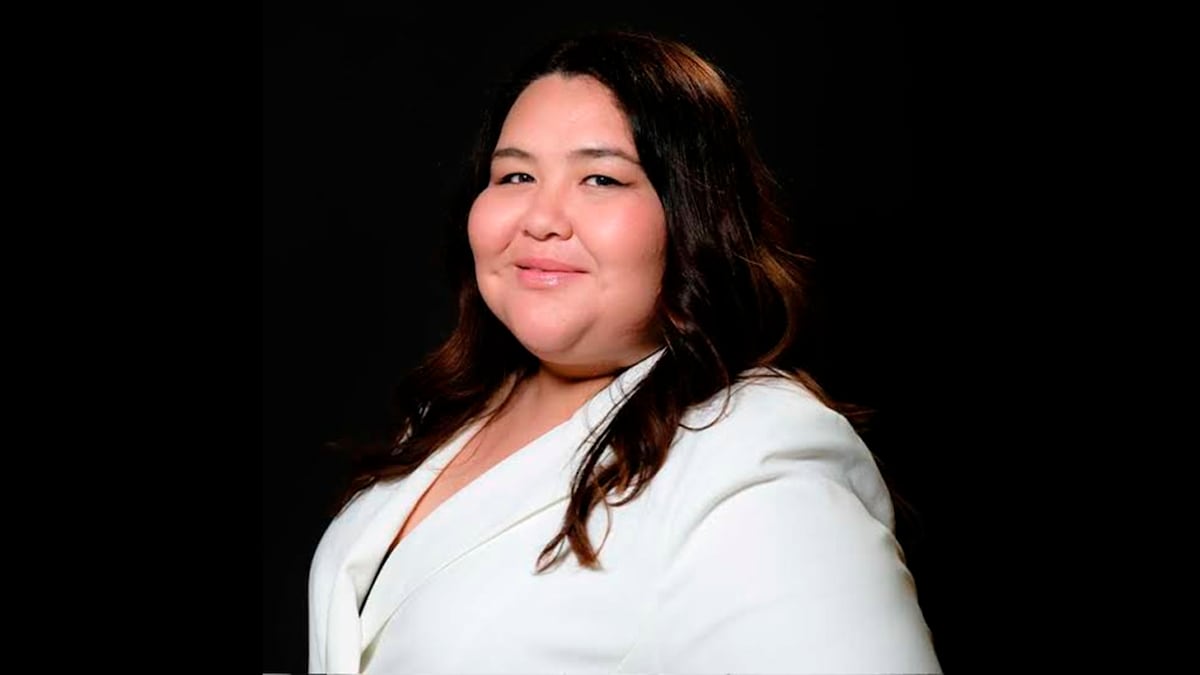
"Greisa Martinez Rosas, the executive director of United We Dream the largest network of young migrants in the United States witnessed a group of students, as she was leaving school, place a garbage bag over a friend's head. They spun him around and around and yelled, Go back to Mexico.' She has another memory from that same time, of a phone call she received during her first year of college, when she was preparing to return home to Texas for spring break in 2007."
"My mom told me, They got him.' That was all. She and I knew what she was talking about. It was the family's recurring nightmare, that one of us would be separated from our family for being a migrant. The $5,000 the family borrowed to avoid deportation was useless. So life changed. The head of the family, the one who brought money home, was gone. My mom had to start working, the bills were impossible to pay, my sisters were little."
Greisa Martinez Rosas experienced overt anti-immigrant harassment and family separation after immigration enforcement arrested and later deported her father. The family lacked legal knowledge and affordable counsel, and borrowed $5,000 to contest deportation without success. The deportation removed the primary income earner, forced her mother to work, created overwhelming bills, and led Rosas to drop out of school when her mother developed cancer. Those personal losses and systemic failures motivated sustained activism on behalf of young migrants. Rosas frames the migrant burden as rooted in interconnected legal, economic, and institutional barriers that affect millions.
Read at english.elpais.com
Unable to calculate read time
Collection
[
|
...
]